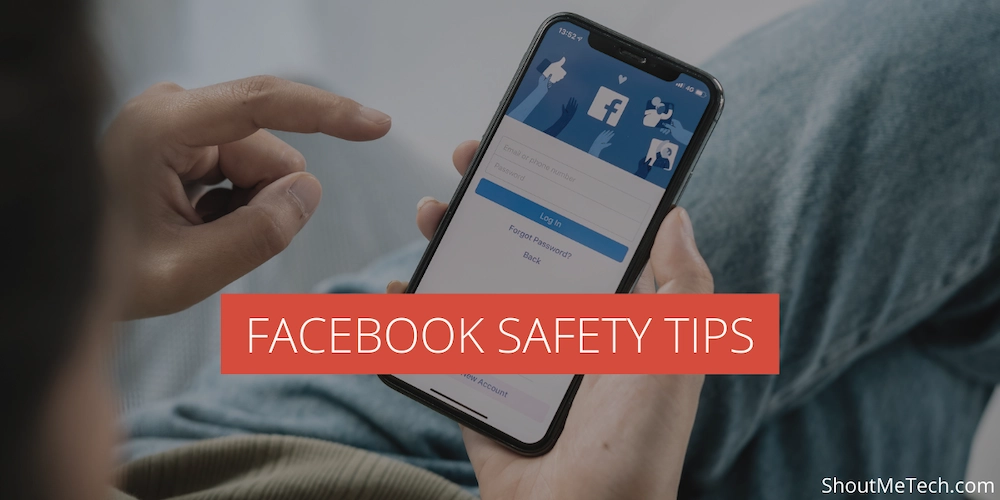We have talked a lot about Facebook safety in the past and one of the easiest way to keep yourself secure online is by knowing how do hackers hack. I’m extending the Facebook security tips by adding some useful tips to use Facebook safely. Before we move ahead, I recommend you to read my guide on How to secure Facebook account, which will give you some extra safety tips.

Online predators, possible employers, bullies. These are only a few of the many people you may want to protect yourself or your children from when using Facebook. Facebook is a great social networking platform until you lose a job because of a photograph of you drunk or your child is bullied by a fellow student.
Page Contents
Facebook Security Tips to using Facebook Safely:
Know Where to Look
Facebook has security options built in, but they can be confusing and hard to find. One simple way to find them is to go to the Help Center on Facebook, where it will walk you through best safety practices and point you in the direction of changing your security settings. Or you can go directly to your account’s security settings by clicking “Account” (on the top right-hand corner of each page) and choosing “Privacy Settings.” From there you can edit a number of your security settings, including contact information and applications.
Password, Password, Password
As with everything else technology-related, if you want your data secure, choose a difficult to guess and/or hack password. NASA recommends using at least eight characters including at least one of each of the following: upper- and lowercase letters, numbers and special characters such as exclamation points or asterisks. Once you’ve set your password, don’t share it with anyone. Following these two simple steps will put you far ahead of most Facebook users security-wise.
When you are using public computer, make sure to enable HTTPS browsing and use online virtual Keyboard to enter your Fb password.
Basic Facebook Privacy Settings
Be careful about with the amount of information you share about yourself and with whom you share it. Remember that – without strict privacy settings – anyone can see your Facebook profile information. And just as you wouldn’t give a complete stranger your telephone number, address and other personal information, you should be careful what you share on Facebook.

Also, when you are updating your status make sure to check status privacy settings. Also, the new Facebook timeline made it easier to browse old status updates quickly, so you might like to take the help of “Limit the audience for past posts” and change all old status updates to friends only. You can access this setting under your privacy setting tab. (See above screenshot)
Also, make sure you are aware of Facebook list feature, which will be helpful to set extra privacy settings for your status update.
Would You Hire This Person?
The Internet, and social networking sites in particular, have given employers, college officials, and others holding the keys to your future unparalleled access to information about you. No longer is the resume or college application all they see. You’ve probably done it – and they certainly do – plugged someone’s name into a search engine to see what turns up.
You don’t want your Facebook profile to be the deciding factor in losing that job you’ve been after or being rejected from your first-choice school. So adjust your privacy settings appropriately to ensure those outside your friend network can’t see your information, don’t write or post pictures you wouldn’t want people besides your friends to see, and untag yourself in unflattering pictures friends post of you.
Report It
Since it is a violation of Facebook’s Terms of Service to use a fake name on an account, there is always the possibility that people you don’t want to find you will. You can block such people from your Facebook page and from messaging you. If none of the above protects you from receiving unwanted or inappropriate messages from other users, you should report the sender to Facebook.
As with any social networking site – and the Web in general – much of your information is out there for public consumption. It’s up to you to use the tools provided by Facebook to protect yourself and your children. The simplest rule of all is: If you don’t want others to know about it, don’t post it.
Do you have any other Fb security tips, which will help us to use Facebook safely? Do let us know on our FB fan page and also if you find this article useful, don’t forget to share it on Facebook.











